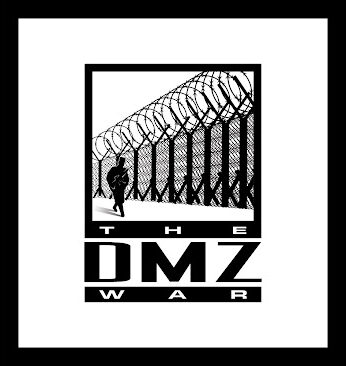 “An army marches on its stomach,” Napoleon famously observed. The French general would probably have appreciated a request made centuries later by another (former) general during a White House meeting. South Korean Prime Minister and ex-general Il Kwon Chung (or, Chung Il-kwon) was visiting President Lyndon Johnson during March 1967, when Korean troops were fighting alongside Americans in Vietnam. Not only did the presence of these Republic of Korea troops (known as “ROKs”) take pressure off American resources, the men were tough (sometimes brutal) and effective soldiers. As Johnson told Chung: “(T)ell the mothers of these fine boys just how proud we all are of the job they are doing in Viet-Nam.” The President then raised the potential of getting more Korean troops and civilians for the war effort. Not surprisingly, Chung had his own wish list. The first items on the list made sense enough: training for South Korean helicopter pilots in Vietnam and a new destroyer to replace a ship sunk by the North Koreans. It was the third request — which Chung said came directly from Park Chung-hee, the long-time President of South Korea* — that may have challenged Johnson’s grasp of Korean culture. The Prime Minister began explaining the importance to his troops of kimchi, the pungent national dish of Korea, made with fermented cabbage often stored for months in underground jars. According to the official U.S. record of the meeting (see below), Chung noted the food “was vitally important to the morale of Korean troops. The Prime Minister said that, when he had been in the United States at the Command and General Staff College he had longed for kimchi even more than he had longed for his wife back in Korea. Similarly, the Korean troops in Viet-Nam vitally needed their kimchi.” The cost for this fuel of freedom: app. $3-4 million per year… It’s not clear what the official U.S. response was, but South Korea ended up getting plenty of “cabbage” from the U.S. in one form or another. Financial support to South Korea for its troops, and business captured by the nation’s contractors in Vietnam, provided a major step in the development of the nation’s economy.*His daughter, Park Geun-hye, became president of South Korea in 2013.(2/28/13) |
 Chung Il-kwon When a General Chung Il-kwon When a General |  |
 |
